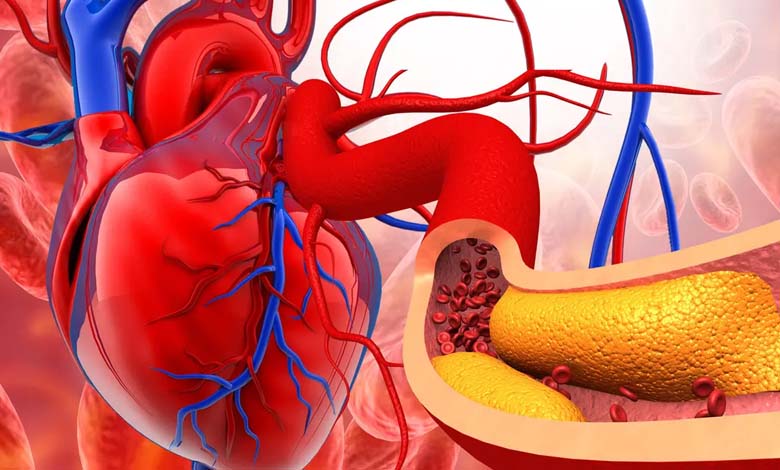3 Symptoms That May Reveal Coronary Artery Blockage

Cardiovascular diseases remain one of the leading causes of death globally. Among them, coronary artery blockage can go unnoticed for years before causing serious conditions like heart attacks or heart failure. Recognizing early warning signs is crucial to prevent irreversible damage.
Here are three key symptoms that may indicate coronary artery problems.
-
High Cholesterol Symptoms May Appear in Just One Eye
-
The Mysterious Link Between Plastic and Strokes: A Silent Health Crisis
1. Chest Pain or Discomfort (Angina Pectoris)
This is the most common symptom. It often feels like a pressure, tightness, burning, or squeezing sensation in the center of the chest. It typically occurs during physical exertion or emotional stress and goes away with rest.
In some cases, the pain can radiate to the left arm, neck, jaw, back, or stomach. This type of discomfort suggests that the heart muscle is not getting enough oxygen due to narrowed or blocked arteries.
-
This Habit Helps Keep Alzheimer’s Symptoms Under Control
-
“Warning” Symptoms of Dementia That May Appear in the Hands: Learn About Them
2. Unusual Shortness of Breath (Dyspnea)
A difficulty breathing, especially during exertion or while lying down, is another significant indicator. Many people overlook this symptom, assuming it’s due to aging or poor fitness. In reality, it can reflect a reduced blood flow to the heart.
Shortness of breath may appear even without chest pain, particularly in women and older adults. It is often linked to fluid buildup in the lungs, caused by a weakened heart function.
-
“Menopause”: Symptoms That May Appear in Your Thirties
-
Early Symptoms Indicating Mental Health Issues in the Elderly
3. Extreme or Unusual Fatigue
An unexplained, persistent fatigue can be an early signal of a struggling heart, especially in women. When the heart can’t pump blood efficiently, the body prioritizes vital organs and limits blood supply to muscles and tissues.
This fatigue may manifest as exercise intolerance, a constant need to rest, or a general feeling of exhaustion even after light activity.
-
Study: “Eye Problems” Linked to Early Symptoms of Dementia
-
Doctor reveals surprise: Hemorrhoids could be symptoms of cancer
Why Should These Symptoms Be Taken Seriously?
Coronary blockages can develop gradually and remain silent for a long time. However, once symptoms appear, it usually means that the heart is already under strain. Ignoring these signs increases the risk of major cardiac events.
What Should You Do If You Suspect Something?
If you experience any of these symptoms repeatedly or without clear cause:
- See a cardiologist for a full check-up.
-
“Unusual” Symptoms of Stroke
-
Anxiety and sleep disturbances: New symptoms for Coronavirus Variant “JN.1”
- Undergo tests like an ECG, stress test, or coronary angiography.
- Adopt a heart-healthy lifestyle: eat well, exercise regularly, quit smoking, and manage stress.
Coronary artery blockage doesn’t always come with dramatic symptoms. Sometimes, the signs are subtle but significant. Early detection and treatment can not only prevent heart attacks but also protect long-term health and quality of life. Listen to your body — it often warns us before the heart fails.












